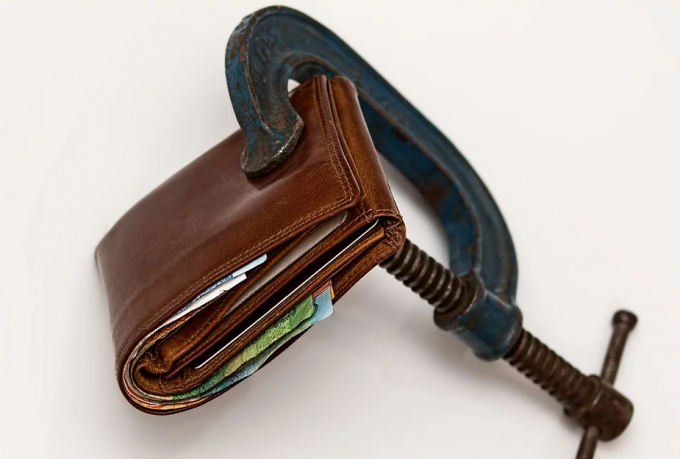Oil companies, airlines, travel companies, retailers – I am sure we can all think of examples of businesses that have been hit hard by COVID-19. Many of these businesses weren’t doing particularly well even before the lockdowns began. Default rates on loans to these sectors are set to rocket. Already, a large US shale oil company, Whiting Petroleum has filed for bankruptcy, putting a question mark over its $2.4bn of debt.
Clearly this is an issue for banks, but (as I wrote two weeks ago when looking at Polar Capital Global Financials) maybe not to the extent that you might think. Banks have been restricted from lending since the financial crisis as a series of edicts from regulators and central bankers ordered the banks to rebuild their balance sheets.
In the absence of the banks, the slack has been taken up by the leveraged loan market. This has ballooned over the past decade. Money has coming flooding into it, looking for income. Given the competition to lend to companies, the companies have been able to dictate terms. Most of these loans are covenant-lite, which means the rules that normally govern things like how much extra debt a company is allowed to take on top of your loan and what happens when the income available to pay the interest starts to fall, are no longer present.
A large part of the demand for loans came from CLO funds – vehicles that package together loans into a portfolio and sell off exposure to the portfolio in tranches. The top tranche is designed to be the safest – it gets paid out first when the portfolio is liquidated and it also has the first right to any income. The high yielding CLO funds in the AIC’s ‘debt – structured finance’ sector tend to invest in the lower ranking tranches. These bear the first losses but get paid much higher rates of interest.
The credit ratings agencies have been busy downgrading the debt of many companies. This creates two problems. First, many funds that were holding this debt are only allowed to hold investment grade debt – debt rated BBB (or equivalent) or higher. Many held a lot of BBB-rated debt. If this gets downgraded, they are forced sellers. Second, most CLOs have a clause that limits their exposure to debt rated CCC or below. Bank of America reckons 30% of US CLOs have breached that limit already. If the limit is breached, interest payments start to be suspended until the situation is rectified. In addition, if CLOs are in trouble, there is less demand for new loans and, therefore, companies are going to find it harder and more expensive to secure new funding.
What does this mean in practice for investment companies? Well 12 of 14 funds investing in the ‘debt – loans and bonds’ sector have seen falls in their share prices of 15% or more in 2020, and two, Alcentra European Floating Rate and CQS New City High Yield have seen falls of more than 30%. This is because the selling pressure on the debt that has been downgraded below BBB and the debt that investors fear will be downgraded below BBB is driving down prices.
For the funds investing in CLOs, the problem is more acute. Fair Oaks Income’s shares are off 57%, Carador’s 55% and Volta Finance 43%. These funds have started suspending their dividends in anticipation that the income from the CLOs is going to dry up.
There is a big unknown though that investors have to factor in. To what extent will central banks and governments ride to the rescue of the underlying companies? The message in the UK seems to be that a bank should not pull the plug on a company unless it has reason to believe that the company would have gone bust even without the impact of COVID-19. However, if a company financed itself in the leveraged loan market, will it still get bailed out?
Most investors will be holding these funds for the yield. In the case of the CLO funds, this might disappear for a while. Some of the other funds may see an impact on their income and it will be down to them to decide whether to dip into reserves to maintain their dividend payments. Some saw potential problems in the loan market beforehand.
A good example of this is Henderson Diversified Income, where the managers deliberately limited the exposure to loans and then only to those that they considered to be good credits. See our last note for more info. The note was published in November, when we were all ignorant of what was coming over the hill, nevertheless we said that “HDIV’s managers think that the bond market may not have peaked yet. However, they are concerned about the loan market (an area that they have been deliberately avoiding), and the market for securitised loans in particular – CLO funds – (an area that HDIV has never had exposure to). The allocation to investment grade bonds has been increased.” HDIV’s NAV may suffer as prices fall, but its income may be less affected. This is probably why it has been one of the better performing funds in its sector.
